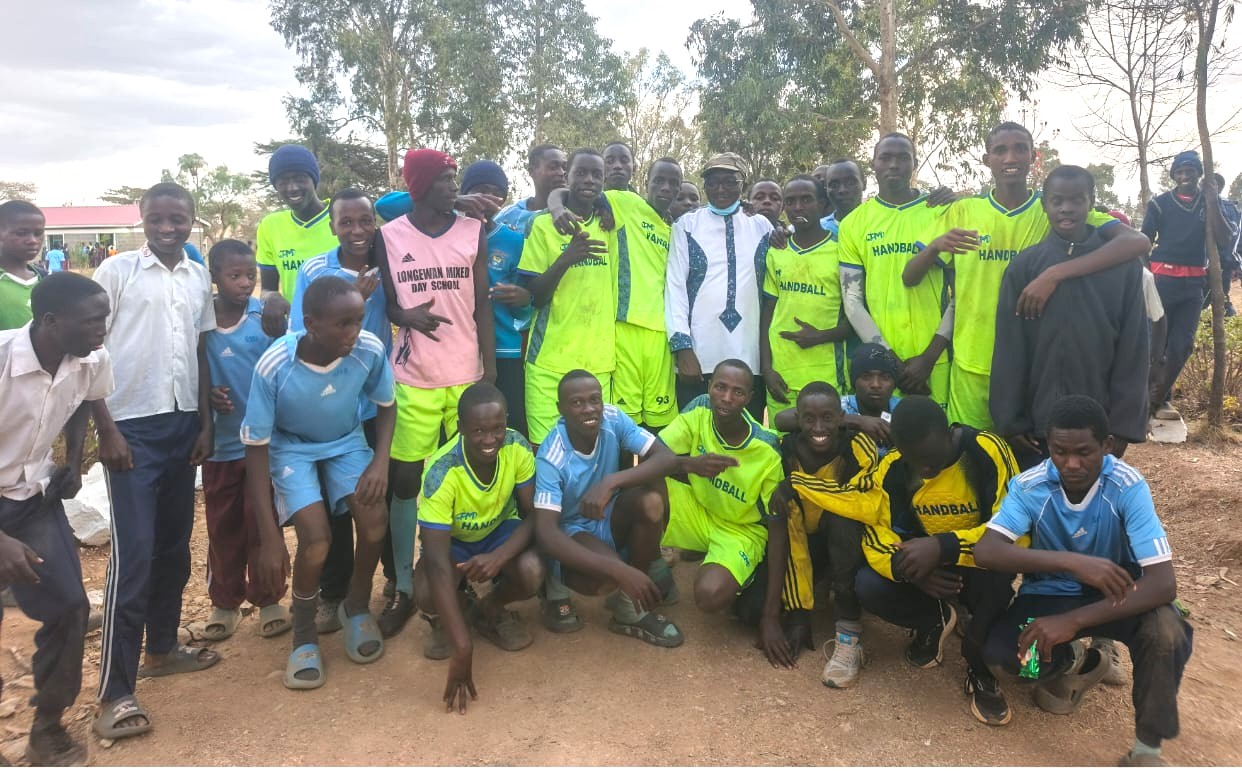Kenya Coast National Polytechnic (KCNP) has been mandated by the Kenya National Qualification Authority (KNQA) to offer the recognition of prior learning programme, which will effectively lift the institution to pioneer as a centre for formalizing skills that are acquired outside a school environment.
This was revealed by Chief Principal Mary Muthoka during the fourth graduation ceremony, who further said the initiative is aimed at accessing and certifying skills and competencies acquired in informal training.
Muthoka said the process will help Kenyans acquire certificates that match their skills, thus helping them access employment, enhance labour mobility, as well as promote lifelong learning, social inclusion and self-esteem.
Addressing 1,811 graduands and invited guests, including the PS in the State Department for TVET Dr Esther Muhoria as chief guest, she further stated that KCNP was a beneficiary of the Kenya Education for Employment Programme and the Young African Works project supported by the governments of Kenya and Canada.
The project, she said, had supported key skills gap areas identified by the industry in hospitality and electrical engineering departments.
“Through this partnership, two students travelled to Canada for an exchange programme and later were offered employment upon completion of their studies,” she stated.
She hinted that in collaboration with relevant industries and stakeholders particularly in hospitality, tourism, electrical engineering and maritime sectors, KCNP had developed 19 competency-based education and training curricula, ten of which had already been validated and approved for implementation by TVETA.
“CBET has allowed students enrolled for long programmes for Diplomas and Crafts to pick a course or two and do it alongside their main study to graduate with an additional certificate, which will give them an added advantage in the world of work,” she said.
Muthoka also said that KCNP was selected by the government of Kenya and the World Bank to be the region’s flagship TVET institution.
The project, she added, had been designed to address the challenges in skill shortages and mismatch in East Africa by providing technical, financial and industrial partnership in order to increase access and improve quality of training programmes.
“Students and staff exchange programmes are on-going between the polytechnic and the National Institute of Transport (NIT) of Dar-es-Salam, Tanzania,” she explained.
Commending the polytechnic for its commitment and outstanding job over the years, Dr. Muoria said the government expected TVETs to move the country to the next level of development by supplying the required skills.
She said the curriculum should be streamlined into the skill sets towards achieving the development agenda and realizing the socio-economic aspirations of the country.
“TVET institutions must design demand-driven programmes that will bridge the identified skill gaps in the ever-changing labour market. KCNP has over the years done a commendable job to nurture a skilled labour force that match the labour market,” she observed.
She encouraged form four leavers to register for available courses and acquire skills at TVET institutions through funding bodies such as Higher Education Loans Board (HELB).
To offer quality and relevant programmes recognized by both local and international markets, the PS urged TVETs to benchmark, collaborate and partner with other top institutions around the world.
She further appealed to the KATTI fraternity to reorganize its TVET training into competency-based skilling and to identify its international registration for dual certification.
The PS added that the government was committed to expanding TVET institutions through building, equipping, staffing and funding the construction of TVET institutions.
“The government will soon recruit 1300 trainers to address the gap experienced in the TVET institutions. Additionally, the Public Services Commission (PSC) has promoted 3269 TVET trainers,” she stated.
Peter Mwangi, TVET County Director, announced that KCNP was mentoring other TVET institutions, including Lunga Lunga, Likoni, Lamu East/West, Kaloleni and Kilifi North.
To supplement the government’s funding and parents’ fees, the county director urged the KCNP fraternity to use its strategic position to start income generating ventures such as automotive garages, welding and fabrication, water bottling, furniture making, and even a driving school.
Presently, the government of Kenya in collaboration with World Bank and KCNP is building a marine centre in Kwale.
KCNP is a centre of excellence in hospitality, marine transport and port logistics. It is also committed to creating a better environment through its tree planting initiatives where close to 1000 trees have been planted in the last few years.
By George Otieno
Get more stories from our website: Education News
You can also follow our social media pages on Twitter: Education News KE and Facebook: Education News Newspaper for timely updates.





